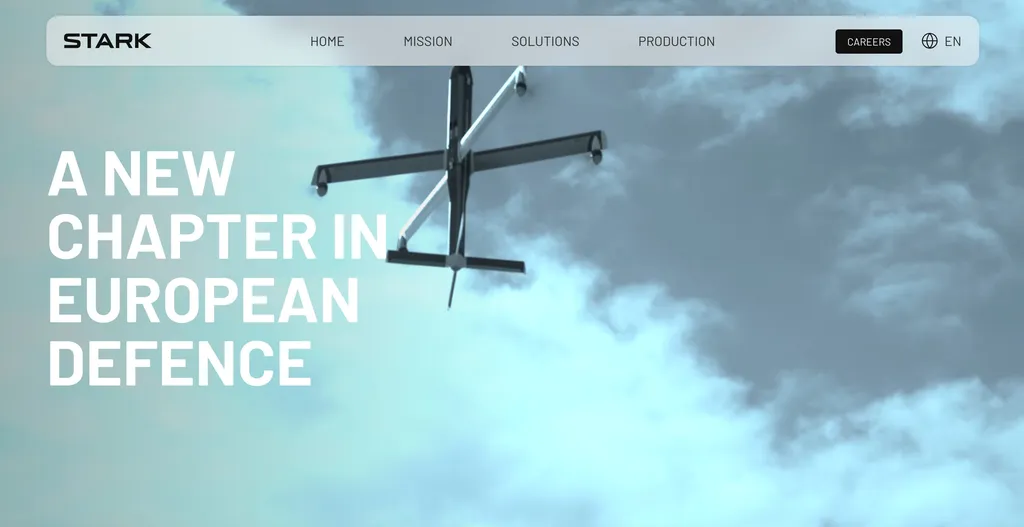German Defence Minister Boris Pistorius has outlined a strategic shift in the country’s approach to drone procurement and defence preparedness, emphasising rapid innovation and adaptability over long-term stockpiling. Speaking in Münster on November 10, 2025, Pistorius underscored the need for pragmatism and responsiveness in the face of rapidly evolving technology, particularly in the drone sector.
“The innovation cycles in drone development are becoming shorter,” Pistorius stated. “Technologies are changing dramatically within 2-3 months, particularly in the field of drone defence. Therefore, it makes no sense to accumulate drones worth billions of euros that will be obsolete the day after tomorrow.”
This pragmatic stance reflects a broader recognition that the defence landscape is in a state of flux, with advancements in counter-UAV technologies and other emerging threats reshaping the strategic calculus. Instead of stockpiling drones, Pistorius emphasised the importance of fostering innovation and ensuring that Germany’s defence industry can quickly mobilise to produce cutting-edge weapons in the event of conflict.
“Together with the companies, we will ensure that in the event of war, these most advanced weapons can be produced quickly and in large quantities,” he said.
Experts agree that drones will remain a critical component of modern defence strategies. However, they predict that future warfare will increasingly rely on the integration of various systems, including conventional weapons such as howitzers, tanks, aircraft, and cyber capabilities. The ability to adapt quickly and maintain defence capacity will be a decisive factor in any confrontation with the Russian Federation, they argue.
Pistorius’s remarks come at a time when NATO members are reassessing their defence strategies in response to evolving geopolitical dynamics. The focus on rapid innovation and adaptability aligns with broader efforts to enhance European defence autonomy and resilience.
The German Defence Minister’s comments also highlight the importance of collaboration between governments and the private sector. By working closely with defence companies, Berlin aims to ensure that its military can swiftly deploy the latest technologies in the face of emerging threats.
In summary, Pistorius’s strategy underscores the need for a flexible and forward-looking approach to defence procurement. As technology continues to advance at an unprecedented pace, the ability to adapt and innovate will be key to maintaining a strong and effective defence posture.

